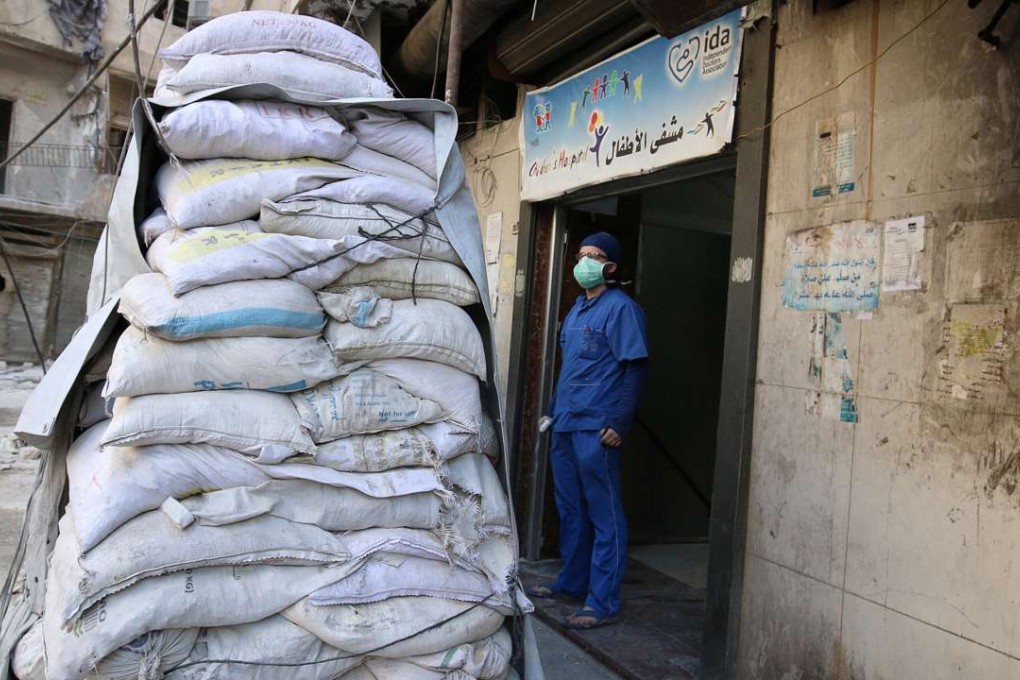
More than 800 health workers have died in “acts of war crimes” in Syria since 2011, in hospital bombings, shootings, torture and executions perpetrated mainly by government-backed forces, researchers said on Wednesday.
The Syrian government and its ally, Russia, have turned the violent withholding of health care into a weapon of war, according to an analysis published in The Lancet medical journal.
This “weaponisation” of health care, it said, “has translated into hundreds of health workers killed, hundreds more incarcerated or tortured and hundreds of health facilities deliberately and systematically attacked”.
In the crosshairs, an estimated 15,000 doctors – about half the pre-war number – fled the country, leaving hundreds of thousands of civilians without access to basic care.
“The international community has left these violations of international humanitarian and human rights law largely unanswered,” the authors of the report said.
An entire region and its people have been decimated while the world has watched
It was compiled by experts from universities in Beirut, Britain and the United States, as well as the Syrian American Medical Society (SAMS) and Multi-Aid Programmes, an NGO.